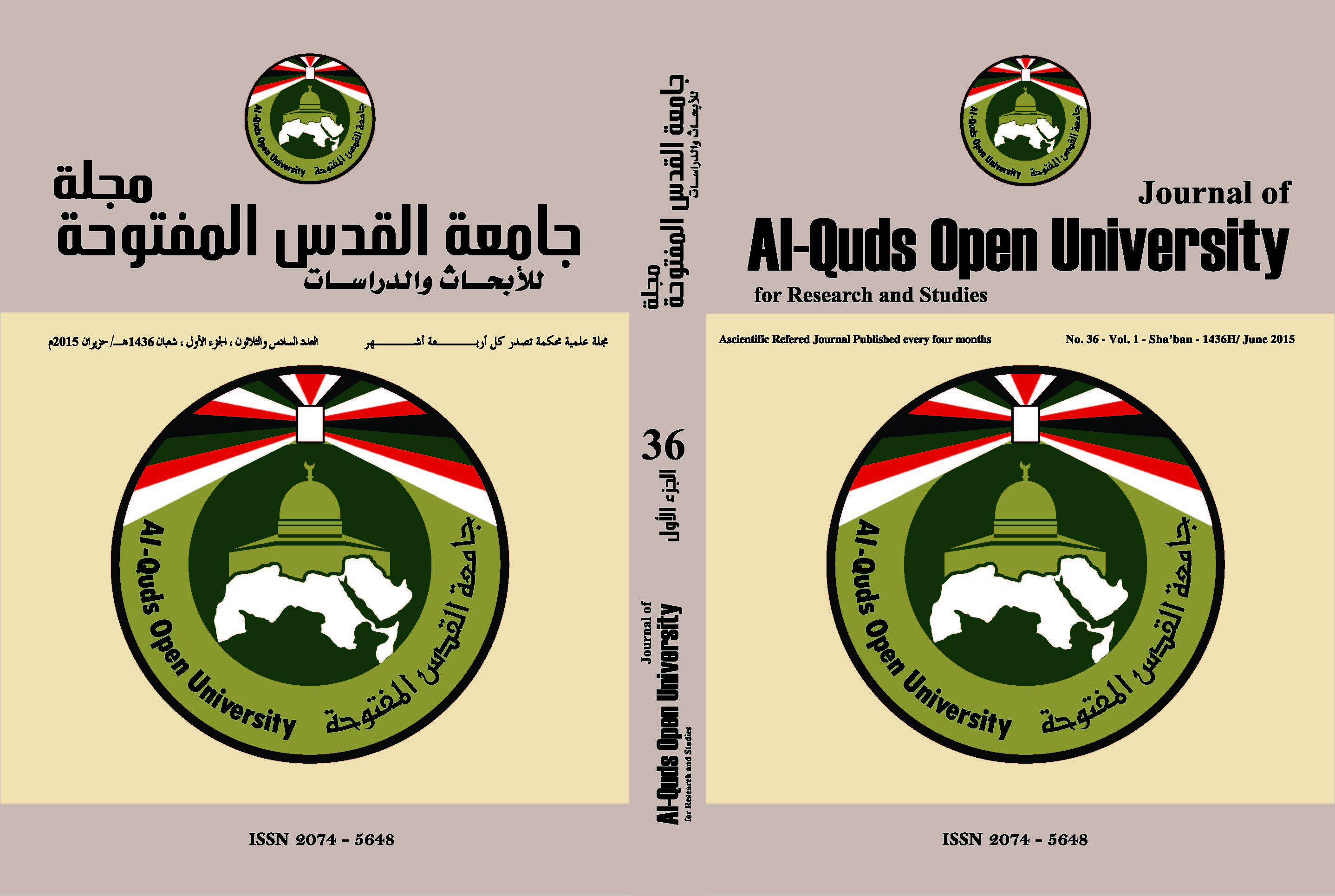The Principle of Complementarity in the Jurisdiction of the International Criminal Court
Keywords:
crime of genocide, crimes against humanity, war crimes, crimes of aggression, International Criminal Court, international crimesAbstract
The principle of complementarity is to put an end to impunity for those
involved in the crimes under Section Five of the Rome Statute and defined
as crimes «symptoms» affecting the entire international community. These
crimes include the following: crime of genocide, crimes against humanity,
war crimes and crimes of aggression. To deal with these crimes is the
responsibility of national states and not the International Criminal Court.
The latter may exercise its jurisdiction if it finds that the state in question is
unable to complete the investigation where the prosecution, or did not really
desire to bring these people to justice and appear before the International
Justice, or simply tries to silence the international opinion. Based on the fact
that the jurisdiction of the International Criminal Court is complementary to
national jurisdiction, it incites, encourages states to continue by themselves
to bring these cases to their national courts to avoid appearing before the
International Criminal Court.
Downloads
Published
How to Cite
Issue
Section
License
- The editorial board confirms its commitment to the intellectual property rights
- Researchers also have to commit to the intellectual property rights.
- The research copyrights and publication are owned by the Journal once the researcher is notified about the approval of the paper. The scientific materials published or approved for publishing in the Journal should not be republished unless a written acknowledgment is obtained by the Deanship of Scientific Research.
- Research papers should not be published or republished unless a written acknowledgement is obtained from the Deanship of Scientific Research.
- The researcher has the right to accredit the research to himself, and to place his name on all the copies, editions and volumes published.
- The author has the right to request the accreditation of the published papers to himself.













_2.png)
_.png)
_2.png)
_1.png)
_.png)

